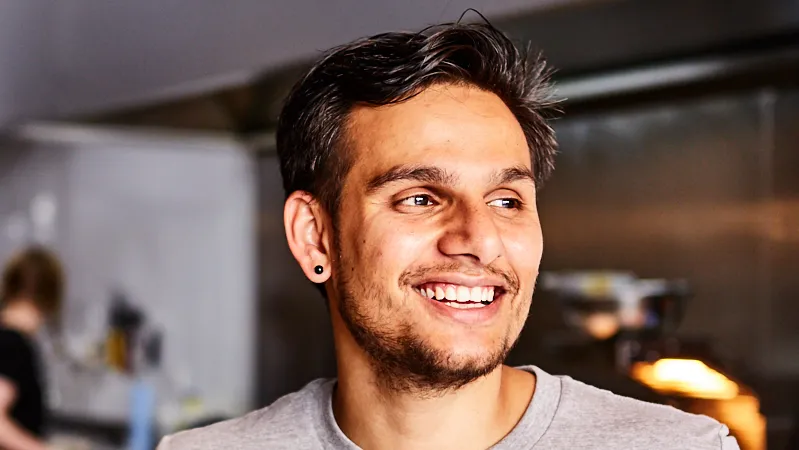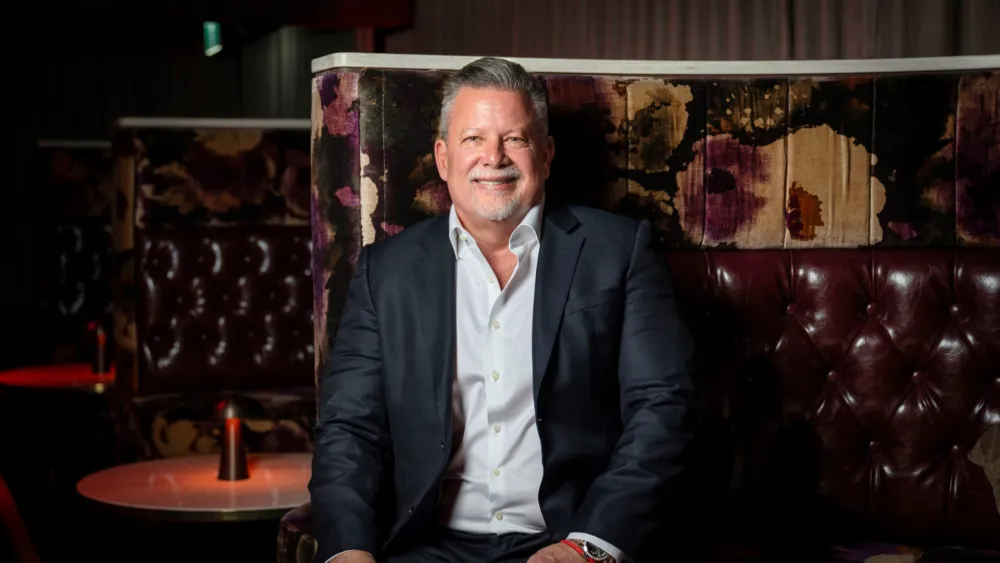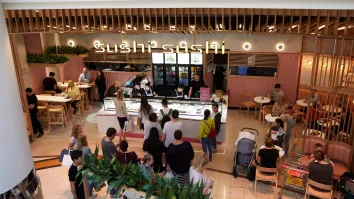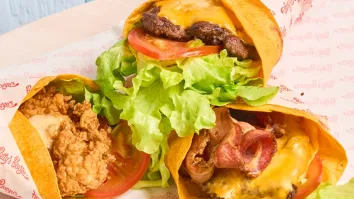
Why Vegan Food Hub is raising funds through public crowd funding to grow its QSR brands
The company is targeting a maximum of $1m for its growth expansion plans.
Amit Tewari, founder of the umbrella brand Vegan Food Hub is optimistic about holding a crowd equity raise through the Australian equity crowdfunding platform Birchal because he believes there is a long-term benefit in having customers own a piece of the Vegan Food Hub.
The plan is to raise capital funding of between $250k to $1m through the platform, which was announced in late May, to bolster the growth of the brands under Vegan Food Hub.
VFH owns three brands, all of which are vegan: Soul Burger, Plantas Taqueria, and Zayna's Lebanese. Out of the three, Soul Burger has 4 Sydney-based restaurants whilst the two brands operate 8 delivery-only locations (serviced out of Soul Burger’s existing kitchens). All brands are unified through the VFH Mobile App, which allows customers to order across the brands and collate points.

“The reason why the crowd equity raise is the right strategy for us now is that we're in a situation where we think we've got the model correct and our restaurants, excluding head office expenses, are, on aggregate, profitable. And so we think it’s the right time to grow,” Amit said.
For a minimum amount of $50, the public can buy shares of the company. “So anyone with $50 can buy shares in our company. And if they become invested, we believe they’re more likely to back us and help us in identifying places we can improve,” Amit said.
Growth and expansion plans
Amit justified that the time is right for VFH to expand through a crowd equity raise is its significant growth over time. Amit said that since opening the online-only Plantas Taqueria and Zayna’s Lebanese brands, they have seen a growth of 70% in weekly sales.
Meanwhile, the total share of revenue, across the four restaurants, from VFH members grew to approxiately 30% each week.
VFH aims to capitalise on this momentum by building physical restaurants for Plantas Taqueria and Zayna’s Lebanese.
Amit said they used the delivery-only option for both these brands to trial demand across their customer base.
“We use delivery only as a trial to see how the brands are performing. So if we open up a brand and it doesn’t resonate with our customers, then we will decide if it will just be delivery only or we actually just turn it off. It’s an amazing way to trial a concept, set its operations, train staff and stress-test recipes, without a big risk-investment in a restaurant. We found both Plantas and Zayna’s both have great customer resonance and feedback. So I think it’s the right thing for us to build physical stores for them,” Amit explained.
He was adamant physical locations were imperative for successful concepts. “There is tremendous value in having physical ambience, atmosphere and extended menus and experience. We are not a ghost-kitchen operator, with online-only brands. We aspire to be a multi-site operator with a mix of physical and digital sites, with successful concepts ideally having multiple physical restaurants (while also having express delivery-only versions operating from our brand kitchens).”
A fifth Soul Burger site is planned in Sydney for later this year, with the location under wraps until Mid-August. “We weren’t planning it, but we had an opportunity, so we took it. We’re really excited about it – every additional site is a dent in our current food culture and normalizes wholly plant-based restaurants”.
The plan for the group is to scale around Sydney with 9-10 restaurants by 2025 before venturing interstate. And when they do, Amit is cautious around previous brands that scaled too quickly and thinly and lost quality and reputation.
“When we do go to another state, for example, Melbourne after Sydney then Brisbane, when we do that, we'll do that with a team. We're not going to just open up one restaurant in another state and leave them by themselves. We're going to open up in clusters so that we maintain control and slowly build market share in those places. We’ll be able to transfer managers and staff to restaurants that are new and just make sure we nail the food and customer experience.”
As of 30 June, VFH has reached over $300k in investment offers with 196 investors.

























